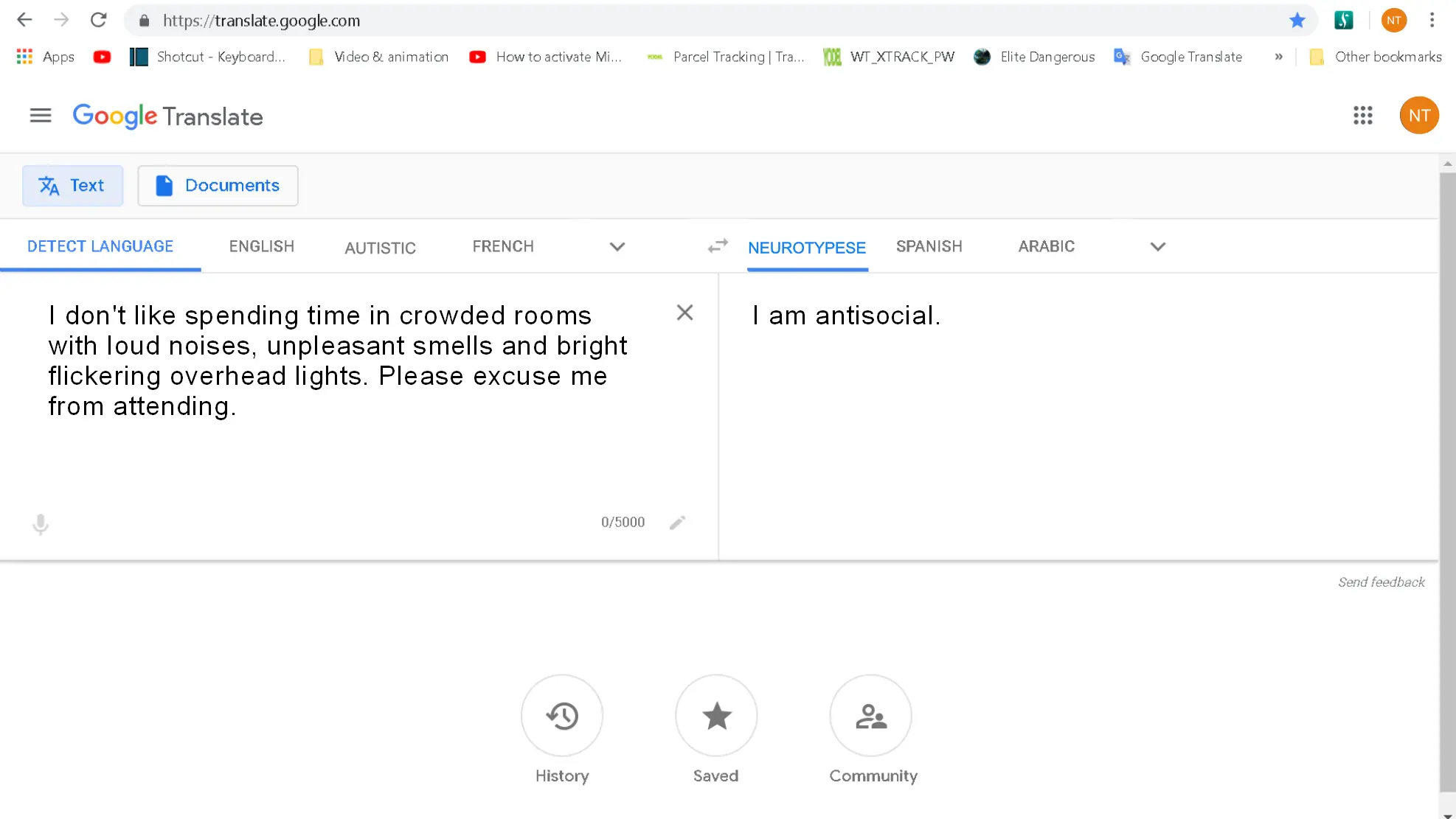I'm being cued. Ok, here goes

An ememe is an emotion meme which is carried by a commonly known short statement of question. When people communicate with each other, it's not just about the words they use, but they are also transmitting an emotional message, often a feelgood vibe or they may be trying to manipulate the person's emotion in some way. For example, when people ask "how are you?" they (EDIT) often aren't really asking how you are, it is serving a social function, a greeting, a kind of social grooming that transmits a feelgood vibe to the other person, it's a communication about social status and the relationship between those two people. For us, when we hear this, it is a question asking after our health and we don't necessarily perceive it's true, social purpose, so we may answer the question literally and honestly, which may not be what the person was actually after - they were after the feelgood emotion, not the actual answer to the question.
For us, the words are the most important thing that we pay attention to, but for NTs, it's the emotional message behind the words that is significant. "How are you?" is an ememe. Another common ememe is "we should meet up sometime". When a person say this, they are not necessarily wanting to meet up, but are transmitting a feelgood message to the other person that says "I'm a friend" and that's what they want the other person to understand. When we hear that, it means to us literally that we should meet up, and then we may get frustrated or disillusioned when the person we suppose to be our friend doesn't actually call us to meet up. Intellectually, we may come to understand that these ememes have a social purpose and shoudn't be taken literally, but we tend not to intuitively communicate in ememes as NTs do, so it is a conscious effort to 'translate' them and to understand what the emotion or social purpose of the ememe is. We may learn their social meanings and imitate, but it is still a huge effort for us that makes social interaction exhausting.
This causes misunderstandings in communication. Either we fail to be aware of the emotional or hidden social function of the words or ememe being used, and then, from and NT perspective, we take things too literally, or NTs may assume that our own words are carrying an emotional message that is not intended, and then, from their perspective, we are seen as being rude and unempathic, hence giving rise to various stereotypes and myths that we are lacking in empathy or are insensitive to other people's feelings.
So basically, we have two different communication styles that are neither superior nor inferior to each other; NTs use a more social communication in the form of verbal ememes, symbolic gestures and body language, whose primary goal is to convery imformation to others about social status and emotional state, whereas we may want to convey similar information, but don't use these symbolic gestures or ememes or non-verbal communication, we use actual words directly to say how we are feeling and what our desires and thoughts are. The differences is in the way our brain works and how we process information, we are wired to process facts and details and often have difficulty processing the emotional or social information that social communication is designed to transmit. EDIT: so when we hear "how are you?", even though as adults we may be able to work out intellectually that the question is symbolic rather than actual, our primary and instinctual interpretation is that is is a question about our health and being, because that is how our brains are wired to process information.
